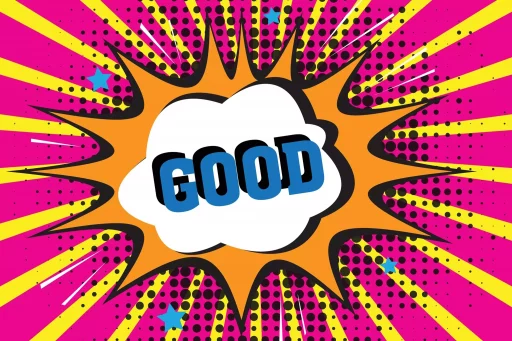Introduction
In modern culture, language evolves rapidly, with slang terms entering popular usage at a remarkable pace. One of these terms that have gained traction is ‘bougie’. Originally a term associated with the upper class, it’s now widely used in various contexts—often negatively. In this article, we will delve into the bougie definition in slang, explore its origins, usage, examples, and its impact on social perceptions.
What Does ‘Bougie’ Mean?
‘Bougie’ is derived from the French word ‘bourgeoisie’, referring to the middle class who are perceived as materialistic or pretentious. In contemporary slang, it’s often used to describe someone who seeks to emulate an upper-class lifestyle without necessarily belonging to that class.
Origins of the Term
The term ‘bougie’ initially reflected socioeconomic status encompassing those who indulged in luxury and material goods. Over time, the meaning shifted to connote a certain pretentiousness or, in some cases, an ironic self-awareness.
Modern Usage and Examples
In everyday conversations, the term can buoy positive or negative implications. Here are some examples of how ‘bougie’ is currently used:
- Positive Context: “I dined at a bougie restaurant last night, and it was a delicious experience!”
- Negative Context: “She is so bougie; it’s like she can’t enjoy a simple coffee shop anymore.”
- Self-Deprecating Use: “I can’t help it; I love bougie vacations!”
- Pop Culture Reference: “That new song is very bougie with its expensive tastes and themes of wealth.”
Case Studies: Bougie in Popular Culture
The term ‘bougie’ has been prevalent in music, television, and social media, further embedding itself in everyday vernacular:
- Television: In the hit show ‘Insecure’, characters often engage in banter revolving around bougie lifestyles, discussing everything from their trendy living arrangements to upscale dining experiences.
- Music: Artists like J. Cole and Cardi B frequently mention bougie culture in their lyrics, either criticizing it or embracing elements of it, showcasing its dual nature.
- Social Media: Instagram influencers often flaunt bougie aspects of their lives—luxury brands, high-end vacations, and gourmet food—while simultaneously facing backlash for perceived elitism.
Statistics and Social Perception
A survey conducted in 2022 found that 70% of millennials and Gen Z respondents used the term ‘bougie’ with a primarily negative connotation, suggesting a growing awareness of class dynamics and the pitfalls of consumption culture. Interestingly, the same study showed that 45% of participants admitted to enjoying bougie experiences, indicating a complex relationship with the term.
Conclusion
The term ‘bougie’ serves as a cultural lens to examine class aspirations, materialism, and societal norms. While often used derogatorily, it also invites an exploration of the desire for upward mobility and the nuanced understanding of identity. Understanding its application today allows us to engage critically with the language we use and the social implications it carries. Whether embraced or critiqued, ‘bougie’ will likely continue to shape conversations about class and culture for years to come.
SEO Keywords
bougie definition, bougie slang, bougie meaning, bourgeois, bougie culture, social media trends, pop culture language, class and materialism, modern slang


